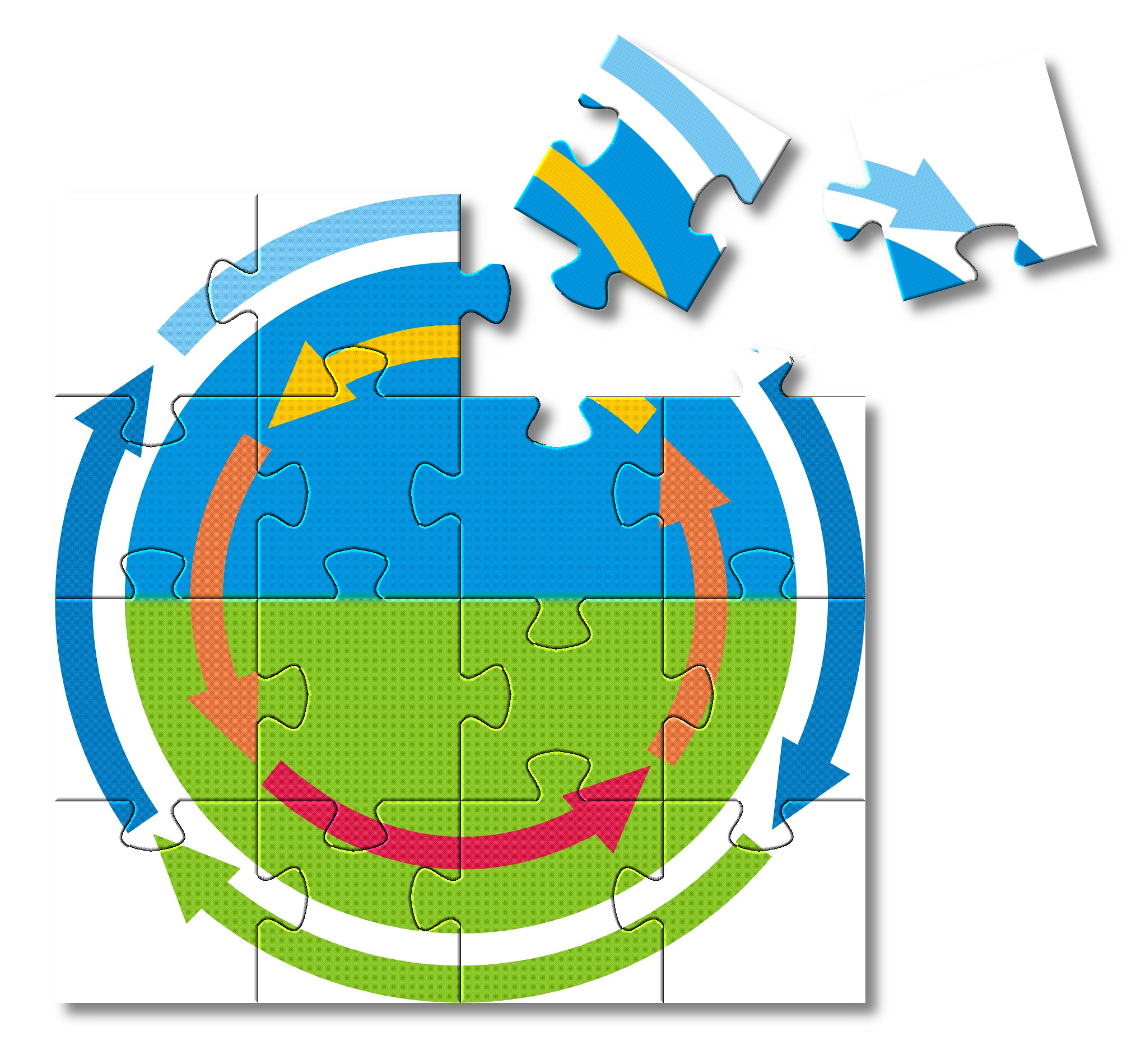Vision and mission statements of the Collaborative Research Centre CRC1502 DETECT
Vision Statement DETECT: why & what
Within CRC1502 DETECT, we aim at improving our understanding of regional climate change beyond greenhouse gas (GHG) forcing. We focus on disentangling the role that changes in land use and water management as drivers of climate change can play via modifying the water cycle. We believe that complementing the picture of local climate change drivers—besides CO2 and other GHGs—by accounting for these important channels is mandatory today.
DETECT is framed around an overarching, central hypothesis: Land use change and changes in water management cause persistent modifications in water and energy cycles that contribute to observed trends. Challenging this hypothesis with model simulations and new data sets will lead to important new insights. This improved understanding will subsequently enable humans to manage land and water use in a climate smart manner. We thus will be able to support the transformation towards a circular and sustainable economy while pursuing the United Nations’ Sustainability Development Goals.

Mission Statement DETECT: how we reach our goals
In the language of climate science, our research problem represents an attribution problem. To investigate the central hypothesis, alternative—yet with global climate analysis consistent—scenarios covering different explanations how land and water use caused changes in the local climate are confronted with most detailed and comprehensive data that we have (reanalysis). We believe this requires an explicit modelling of land and water use, and we propose a unique approach combining biophysical modelling with improved remote sensing and in-situ data sets, and coupling with economic models.
Our agenda builds on 4 clusters: A, the improved natural and anthropogenic cause-and-effect-process representation; B, creating an improved and more complete data set of land and water use; C, the model development; and D a synthesis of the information for simulations and diagnostics.
Our research will benefit from the interdisciplinary approach and from the diverse team being embedded in a strong international network. It is based on a long history of successful projects funded by DFG, EU, and others. DETECT is based at Bonn University with notable contributions from Forschungszentrum Jülich, Universities of Heidelberg and Göttingen, and the Deutsche Wetterdienst (DWD).
Promotion of early career researchers is at the heart of the DETECT. Our PhD students form an integrated research training group (IRTG), which is embedded as a track in the Bonn International Graduate School “Land and Food”.

